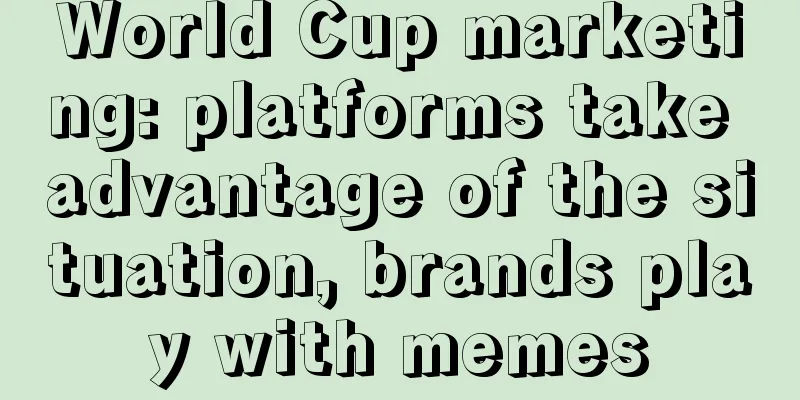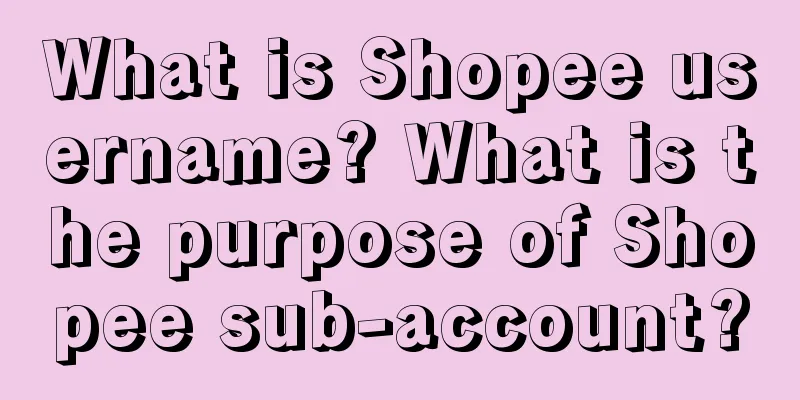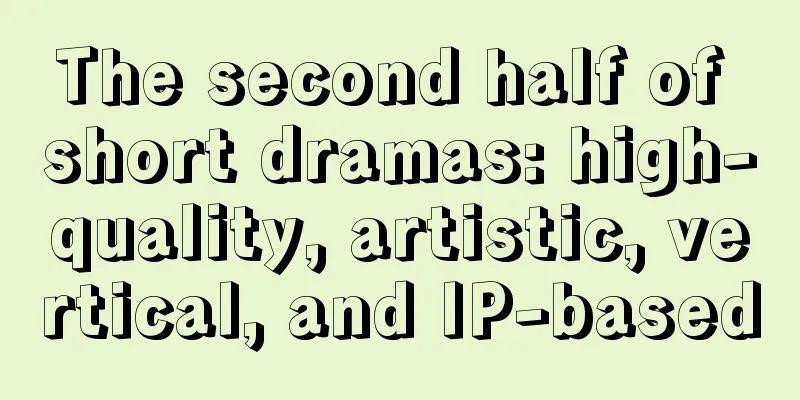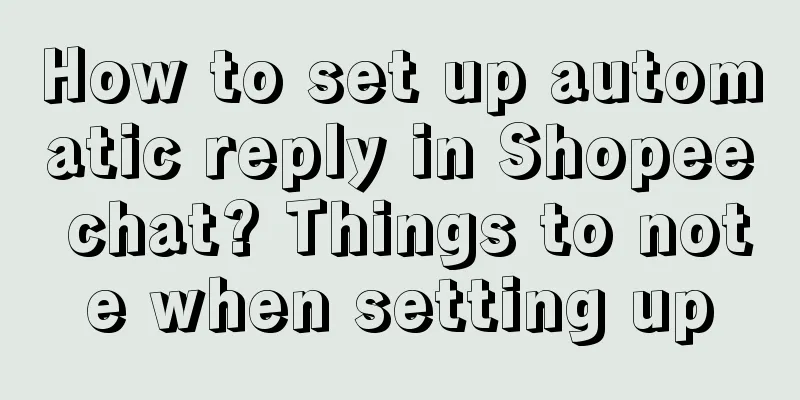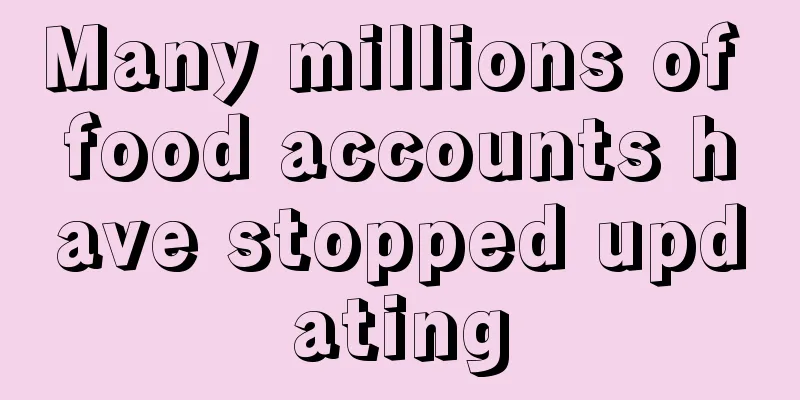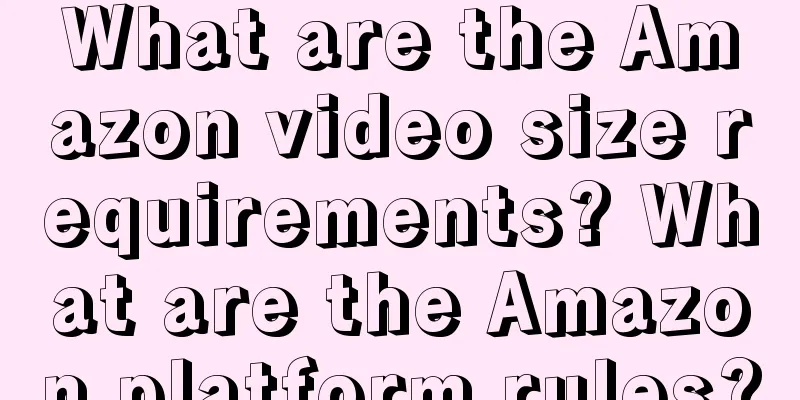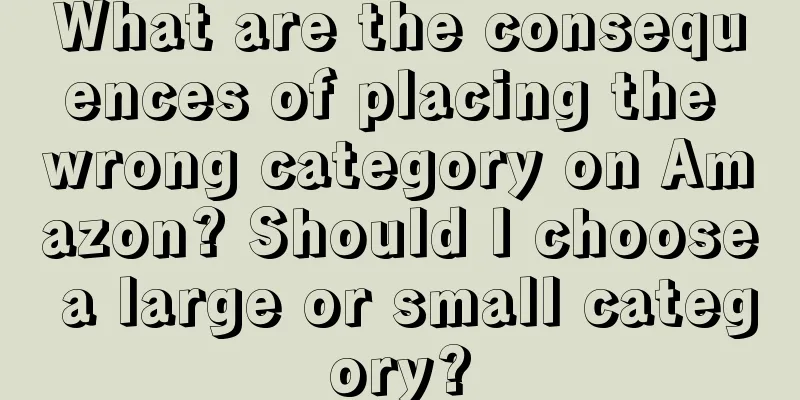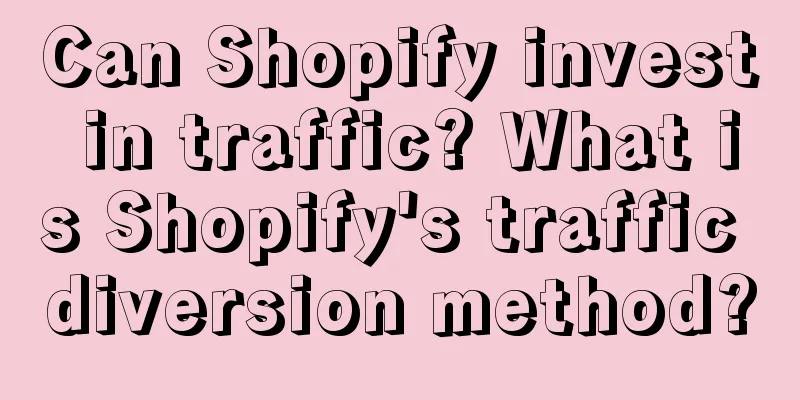Brand No. 1: How to use verbs to call to action
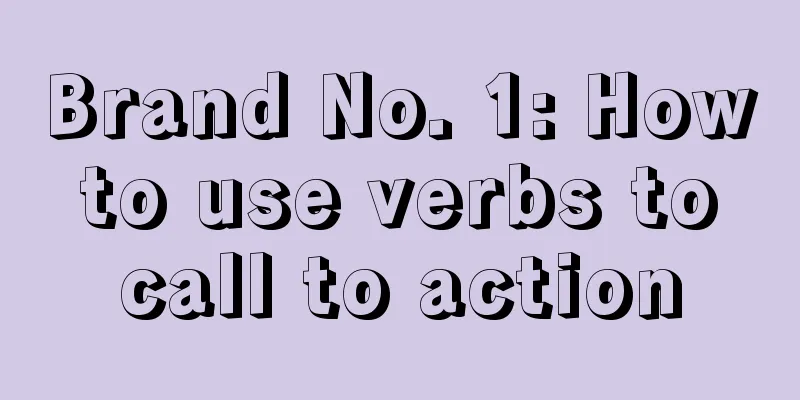
1. Plain language is just clichésSpeak less jargon and more plain language that consumers can understand. Typical internal thinking is industry jargon, industry "jargon", and abbreviations - what you know is what consumers know, and what you think is what consumers think. For example: white goods leader, kitchen appliance expert, buy 3C, go to XX. White goods, kitchen appliances, 3C, or industry terms, or abbreviations, this is the typical way of expressing internal thinking. You may say that there is no such company, but in fact, you have become the stupidest person by accident. If not many people can understand it "immediately", the cost of explanation will increase exponentially. Every time you spread the message, you have to explain it, and the cost becomes more expensive each time. There is no compound interest or blessing, and it becomes a negative interest and a reduction in holdings. The starting point and end point of marketing is to reduce communication costs rather than artificially increase communication costs. 2. Marketing or advertising is a colloquial expressionThe wider the audience, the more popular the communication should be. It should be colloquial and slogan-like, so that it can be understood at the first listen and can be self-evident. You should say what you are (state facts) and what you want consumers to do (verb pointing). Spoken language is daily language. Because it is used every day and all the time, it is the most efficient language. Spoken language is the most efficient communication. The core of the information is to convey clear colloquial reasons for purchase - it should be colloquial and slogan-like. Selling things is shouting slogans, shouting colloquial slogans. Because the value of advertising is to send and deliver information. Creativity should serve the ultimate purpose and information. Communication is not about broadcasting, but about the act of spreading. Let consumers help you spread, and the effect of your broadcast will be powerful. If creativity covers up information, dilutes information, or distorts information, it will be a case of missing the point and going in the wrong direction. In addition, the term "advertising" is not a good term. To be more precise, it is about refining reasons for buying. Advertising is just a dramatic expression of reasons for buying. What we want is not to spread the word, but to convey the reasons for purchase. After an advertisement is broadcast, consumers should feel that the product is really good, not that the advertisement is really good. 3. For this reason, the core is not dissemination but communicationClearly and accurately convey product information, filter and organize information from the perspective of the information receiver, and understand the information from the dimensions of eyes, ears, nose, tongue, body and mind. Let consumers see, hear, smell and experience something, which is part of it, which is eyes, ears, nose, tongue and body. And what is felt and felt as a whole, which is mind. In other words: what is important is not what you say, but what the consumer receives, the receiver> the communicator, cognition is greater than the fact, and the receiver's cognition is the fact. Cognition is greater than fact, words summon cognition - name is the beginning of all things. Once a product has a "name", it can be spread and evaluated. It can either become famous or lose its reputation. A product can become famous only when it has a name. Name is destiny. For example, a car called "Mustang" is obviously more likely to generate positive perceptions than a car called "Snail". In fact, from the moment you decide to make a product, what product to make, how to design it, and how to name it, you have already started marketing and need marketing. So, it is not that I need marketing only when I am in a certain state or have reached a certain level. It is that you have always needed marketing and have been doing marketing, but you have not realized the value and methods behind it. In other words: marketing is related to the life, death and sickness of products. You don’t need marketing only when the product is “sick”. In fact, we could have done better and we should have done better. 4. Words are triggersWhat triggers and associates are the existing advantageous cognitions in people's minds (brand, origin, category, characteristics). One is a noun, which makes people easy to remember, generate positive associations, and trigger related advantageous cognitions. Why does this name sound so earthy? You must have heard such words often, or even said them yourself. Why is it so unsophisticated? It is because it fails to trigger and connect the existing advantages in people’s minds. If you want to do big business, you need to think over a 50-year span, persist for 100 years, invest bit by bit from the beginning, and take advantage of the big trend and big cognitive advantages from the beginning - wait until your opponent finds out, and let him sigh in fear. One is the verb, which means choosing a clear and accurate verb. Nouns are your own, and verbs are everyone's. If you don't shout "I'm sleepy, tired, drink Red Bull", I, Dongpeng, will grab it and shout: "I'm sleepy, tired, drink Dongpeng Special Drink." Nouns are your own, and verbs are everyone's. If you don't shout, I will. Eyes are windows to the soul, and language is the epitome of logic. Behind language is the logic of thinking and logical thinking. Chinese can have expressions such as old vines, old trees, crows, small bridges, flowing water, and people's homes, and ancient roads, west winds, and thin horses. English is unlikely to have such expressions because the logic of the language does not support or allow it. The power of language (oral language) is greater than that of text. The cost of listening is relatively low, while the cost of reading is relatively high. Where does word of mouth come from? It is all heard by the ears. Therefore, when making an advertisement, you should first think about how to say it. Not only should you be able to say it yourself, but you should also let the other party open their mouths and say it out loud. Then you can think about how to write it out. You should use colloquialisms, idioms, and colloquialisms. You should also learn proverbs. It is best to be like proverbs , so that you can open your mouth, spread it, and listen to it pleasantly. The same is true for text. It cannot be pretentious or high-brow. It should be down to earth and simple enough to fall apart. Say what you want to sell, say what you want consumers to feel, and tell consumers what to do. Tell consumers in a decisive manner, dare to make assertions (referring to a highly subjective statement made in personal language about a certain event or thing easily and in a short period of time), and make good use of assertions so that consumers believe and obey without thinking. 5. Use verbs to call for purchaseDefinition of verb: Words that indicate the action, existence, or change of a person or thing. Classification of verbs: ① Expressing actions: talk, look, walk, listen, laugh, take, fly, run, eat, sing, drink, knock, sit, shout, stare, kick, smell, touch, criticize, publicize, defend, learn, study, conduct, start, stop, prohibit ②Indicates existence, change and disappearance: in, die, have, equal to, occur, evolve, develop, grow, die, exist, eliminate ③ Expressing psychological activities: want, love, hate, fear, miss, plan, like, hope, fear, worry, hate, feel, think ④To express judgment: yes, for, that is ⑤ Expressing possibility, willingness and necessity (auxiliary verbs): can, be able to, will, can, will, willing, willing, willing, dare, want, should, ought to, deserve, worth, would rather ⑥Indicates the direction (directional verbs): up, down, in, out, back, open, over, get up, come, come up, down, come in, come out, come back, open, come over, get up, go, go up, go down, go in, out, go back, open, go over ⑦ Verbs that indicate development: such as grow, wither, sprout, bear fruit, lay eggs To study, we must put in effort, we must put in effort on every word and phrase, on explaining the text, we must become language experts, word masters, and ultimately brand spell masters. (Spell: visual communication power, spell: slogan appeal). Author: Lao Gao (Houshan Keju), Source: WeChat public account “Lao Gao Business and Brand”. |
>>: TikTok 2024, no good start
Recommend
Alibaba International Station launches "Plan S"
In response to merchants affected by Indonesia'...
Live slicing doesn’t work anymore?
Is it becoming increasingly difficult to make live...
Lei Jun and Zhou Hongyi, who were copied by Shanzhai, are all businessmen
This article delves into the traffic business behi...
Is it necessary to advertise on Shopee? How can I place orders quickly on Shopee?
Nowadays, more and more merchants choose to engage...
How to develop Douyin e-commerce growth strategy from 0 to 1
Growth products, as the core of corporate strategy...
How to check Amazon's express delivery tracking number? How does Amazon operate?
The development of the Amazon platform is getting ...
6000 words, take you to tear open the jewelry traffic of Xiaohongshu
This article deeply analyzes the growth trend of X...
Is Amazon related because of a single factor? Why is it related?
On the Amazon platform, both consumers and merchan...
TikTok e-commerce creates stars, will it create another Dong Yuhui?
Tiktok is still involved in the ban storm, and the...
Alibaba International Station changes intellectual property rules
Alibaba International Station released an announce...
How many products are uploaded to eBay every day? What is the model?
eBay is one of the major e-commerce platforms in E...
"Good Pig" gained 1 million followers in one week. How did this 23-year-old pig-raising girl master the code to go viral?
This article uses the Douyin blogger "Haodand...
Does Shopify require rent? What are the Shopify transaction fees?
Cross-border e-commerce on Shopify adopts the mode...
How many products can be listed on Meikeduo? How to list them?
With the rapid development of e-commerce, many cro...
How to avoid tax on Amazon? Introduction to common overseas tax issues
Today, I will introduce you to Amazon. After we op...
